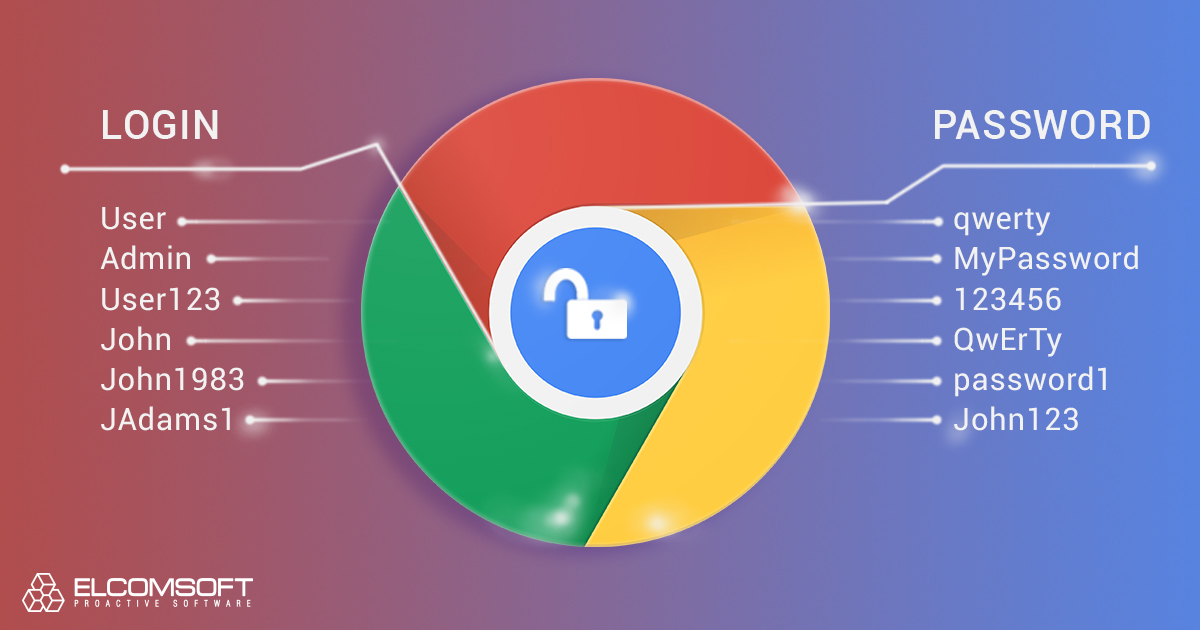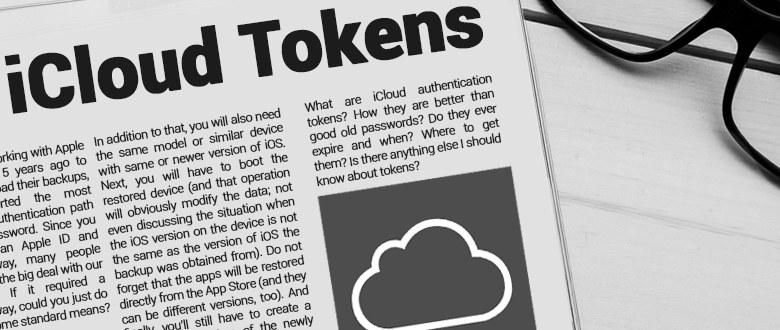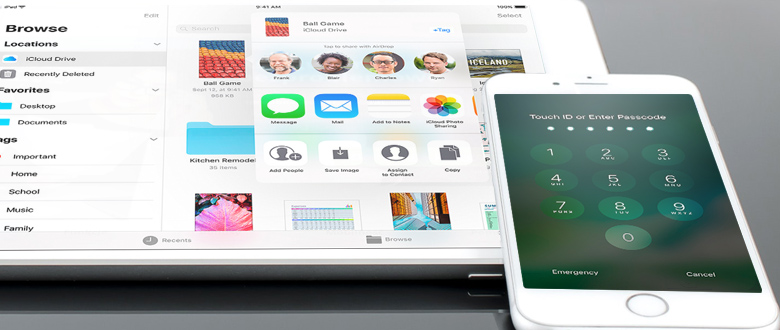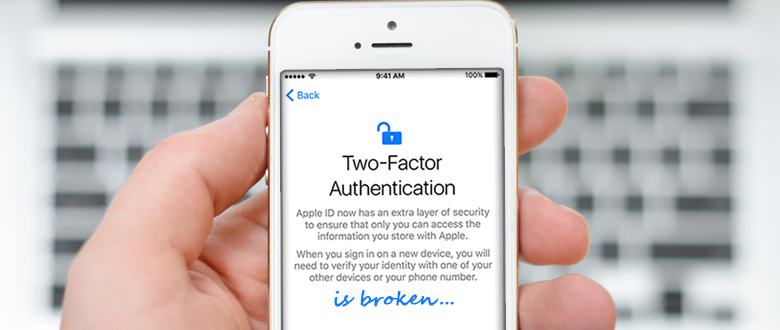January 24th, 2018 by Oleg Afonin
With over 1.3 billion monthly users, WhatsApp is the most popular instant messaging tool worldwide, and Android is the most popular mobile operating system by far. This makes WhatsApp acquisition from Android devices essential for the law enforcement. Elcomsoft Explorer for WhatsApp 2.30 can now download and decrypt Android user’s encrypted WhatsApp communication histories stored in Google Drive. If you have access to the user’s trusted phone number or their physical SIM card (to receive a verification code from WhatsApp), you can now use Elcomsoft Explorer for WhatsApp to download, decrypt and display WhatsApp communication histories backed up into the user’s Google Account. Surprisingly, a cloud backup may, in certain cases, contain even more information than stored on the device itself. This particularly applies to attachments (photos and videos) sent and received by WhatsApp users and then deleted from the device.
Read the rest of this entry »









